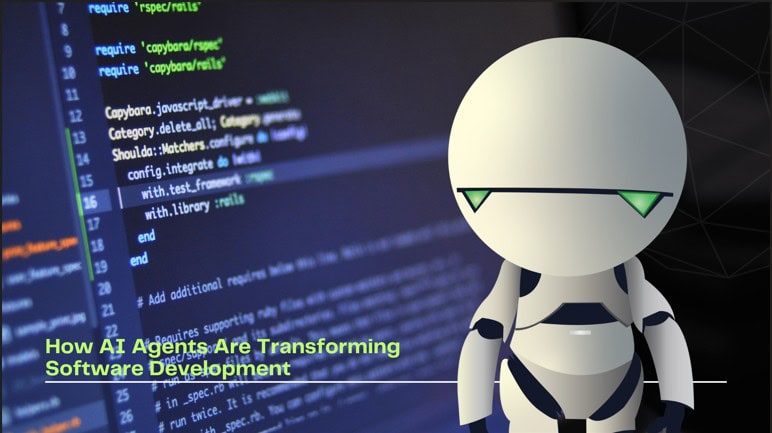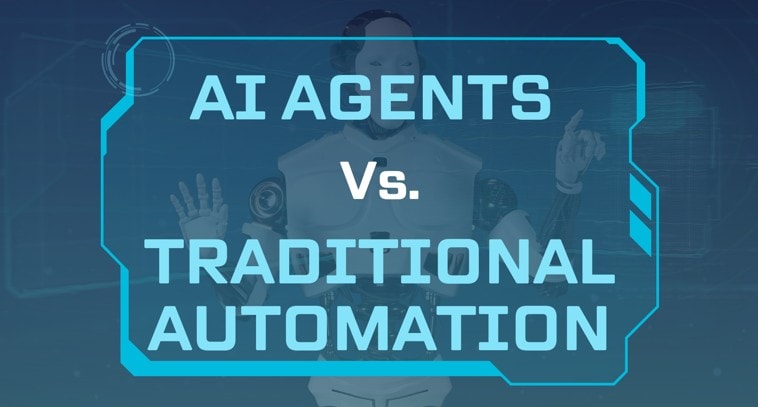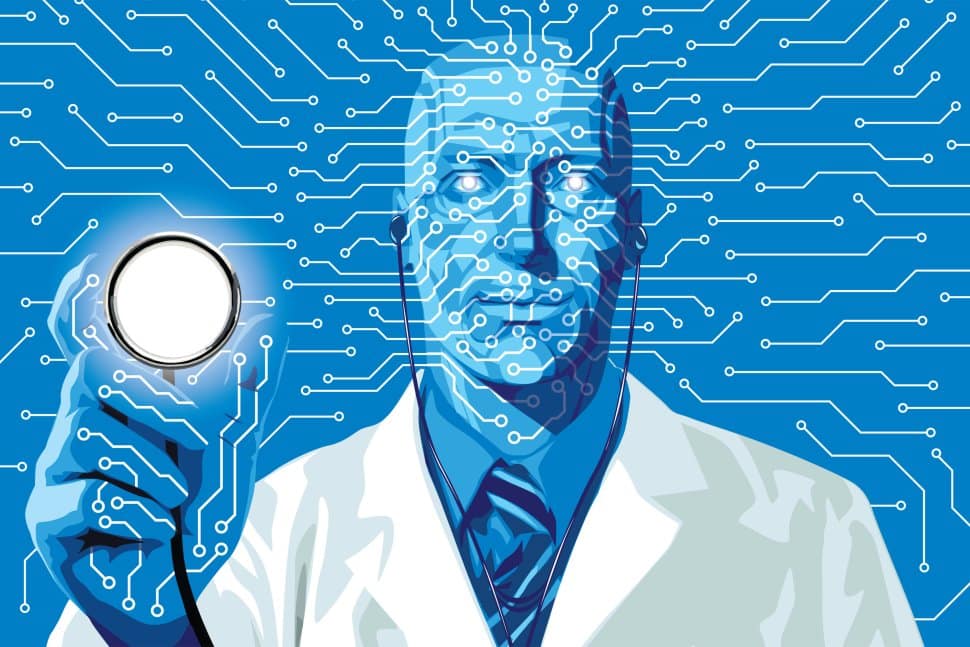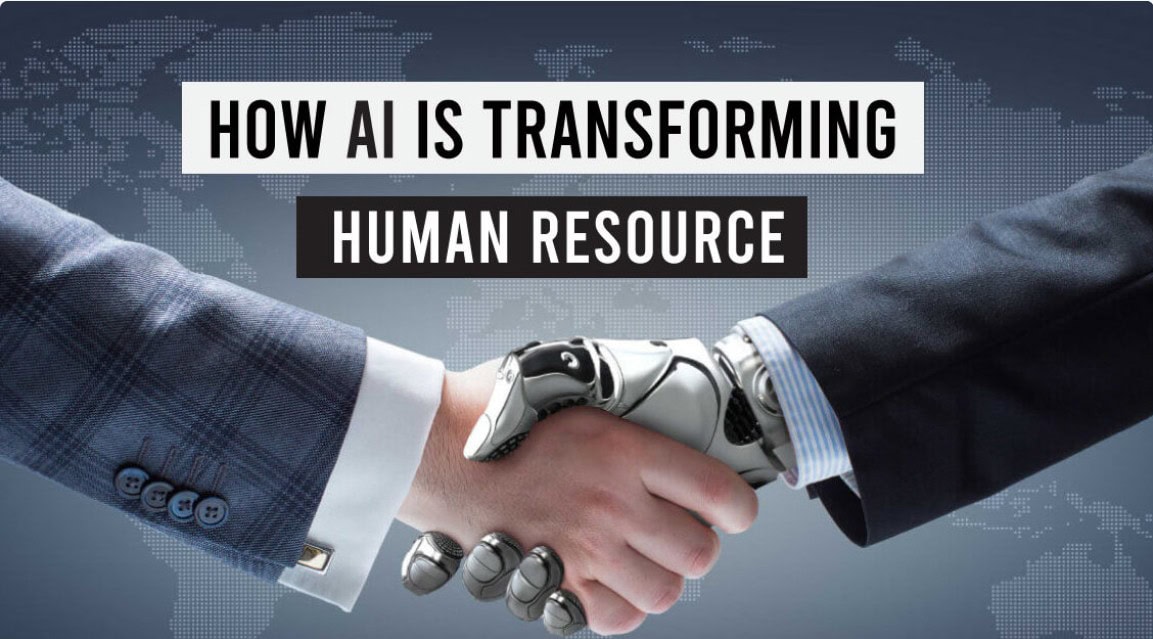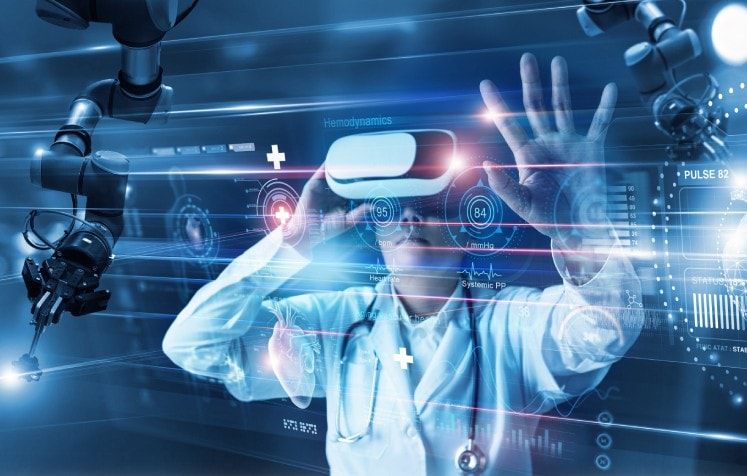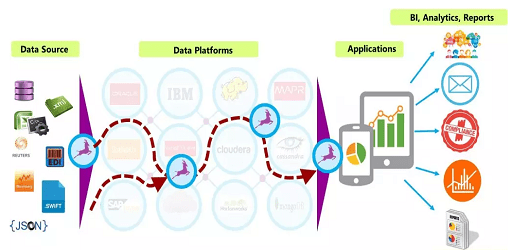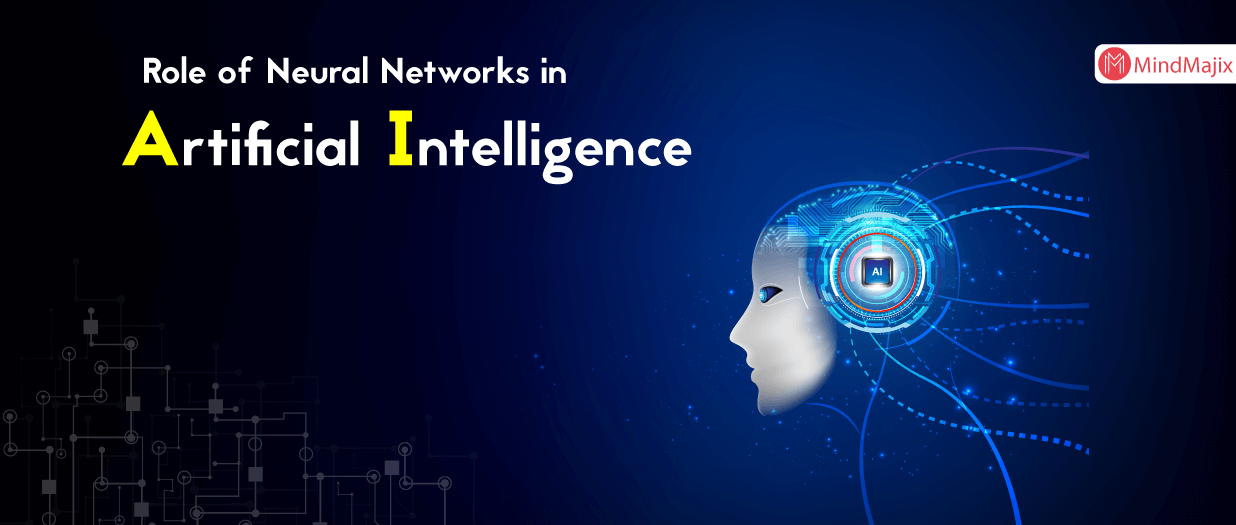Artificial Intelligence in education: The purpose of education is to equip students for future roles by any means possible. Artificial intelligence plays an essential role in preparing students to develop their minds and open them up to the new world, as stipulated in this website. Therefore, a good percentage of the graduates with AI knowledge is absorbed yearly.
The modern world is shifting from manual to digital or automation. Teachers do also have a role to play today in tomorrow’s world.
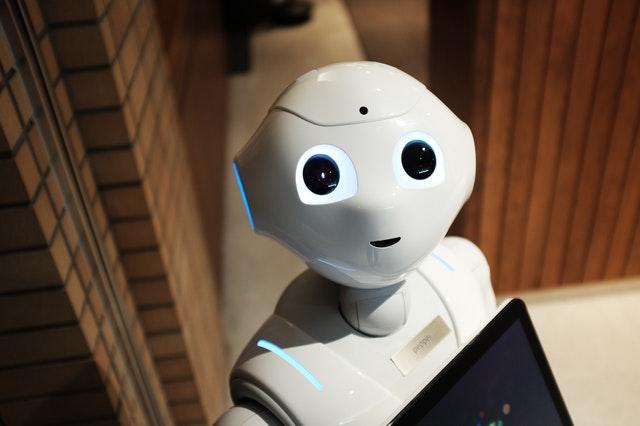
Teacher’s role in the automated world
Many teachers would like to increase their engagement with their students by using digital technologies of learning. However, according to Upskilled, this may be unmanageable for many teachers as there may be increased student personalization.
You may also like Artificial Intelligence and Machine Learning: Human vs Machine?
With the increased use of social media and the internet, children nowadays have an advantage and can easily engage with technology with not much difficulty. They are therefore fit to carry out education based on AI.
There is an ethical question about AI technology whereby some adults may worry about how children may use the current technology. However, we find out that nowadays, children are mostly exposed to it at a much younger age and will learn how to interact with the AI technology of learning very fast.
Virtual classes will be the norm of the day in the coming future, with students not interacting face-to-face with their teachers. Virtual classes would then be the most efficient and cost-saving learning method with only laptops or computers with internet connectivity. Artificial Intelligence in education
The teachers’ role has now been reduced to being mentors, supervisors, advisors, and intermediaries – not as the only source of knowledge. So let’s have a look at the use of AI integration today.
Personalization of learning: Artificial Intelligence in Education
As every student develops, they require personalization in their education to some certain degree. Students excel in different fields, some in sciences while others in the humanities. Fortunately, teachers can spend much time with students by using integrated AI technology as there are automated tasks, such as data processing.
Through the use of the technology, teachers dictate how all AI findings as the technology may only be used as an instrument. This will help avoid the overreliance on AI in learning because education will be reliant on human relations.
Simplified student valuation
The grading process is an essential and challenging process that needs teachers who will carefully access every student’s work. Grading may be challenging to teachers since they are humans with limited energy and time.
AI will therefore help in grading then individual projects, tests, and papers. The assessments are helpful in subjects relating to STEM, which have somehow predictable solutions.
Distance/Online Learning: Artificial Intelligence in Education
Students worldwide have an opportunity to learn in a global classroom through a platform that is AI-enabled. They, therefore, get to acquire various skills through supervision by their teachers. The recent generation is more welcoming to distance learning platforms than the older generation because of their perspectives. They may believe that digital technology is hard to learn and a source of many evils in society.
Enablement of future career
Employers nowadays prefer candidates who are equipped with technological skills and literacy to those who lack the skills. Many adults lack confidence in the use of digital tools. The students who interact with AI technology at an early age won’t find it challenging to understand technological concepts, unlike the old generation.
Digital skills are an added advantage in the employment sector; this may include programming in places whereby digital employment is required.
You may also like Role Of Neural Networks In Artificial Intelligence
Curriculum feedback in Two-way
The two-way feedback may become revolutionary in the education sector, whereby there are two-way communications between the teacher and the student. It enables teachers to use AI algorithms in engaging students after sessions of studies and get suggestions and comments.
Students get to be active participants in whatever they will be learning. The two-way feedback will help raise students’ interest as they would have their voices heard during the process. Artificial Intelligence in education
This is the future: Artificial Intelligence in Education
Integration of AI into classrooms globally is great and also demanding to both teachers and students. However, just like any other transition, the change from analog to digital shall take many years till it works as it should.
Conclusion
This new innovative way of learning should be an exciting experience to engage in AI education.
Many students shall benefit from digital learning, and the world would develop in terms of technology and infrastructure.
Would you like to read more about artificial intelligence in education-related articles? If so, we invite you to take a look at our other tech topics before you leave!




